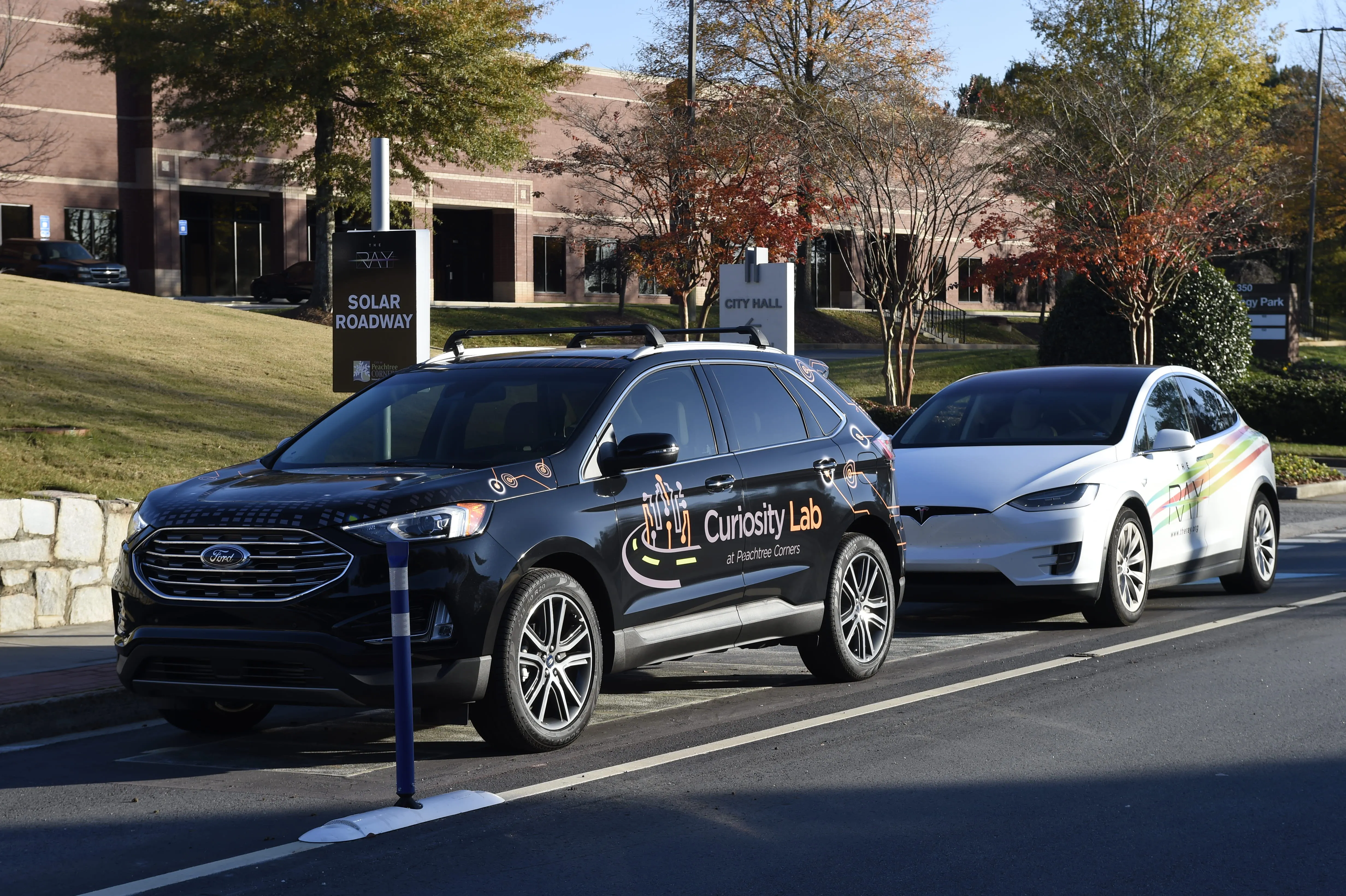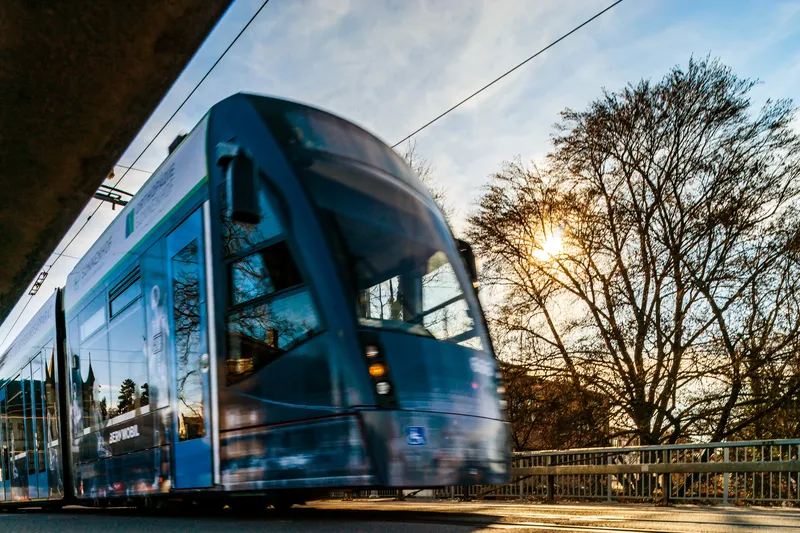
The city of Peachtree Corners in Georgia has unveiled a roadway system which produces energy for a solar-powered electric vehicle (EV) charging station at city hall.
Part of Metro Atlanta, the city is a hub of connected infrastructure and hosts such innovations as smartphone-activated e-scooters, an autonomous shuttle and a solar roadway to an EV charging hub.
The solar roadway is located in a section of Technology Parkway's autonomous vehicle test lane and was provided to the city through a partnership with The Ray.
The Ray is a non-profit living laboratory and proving ground, located along an 18-mile stretch of Interstate 85 between LaGrange and the Georgia/Alabama state line.
Peachtree Corners says the new system will produce more than 1,300 kilowatt-hours of electricity annually for a Level 2 EV charger at no cost to motorists.
The charger is also equipped with an energy storage system for night time charging.
As part of the deal, French transportation innovator Colas Group and French National Solar Energy Institute manufactured the Wattway solar roadway panels.
Brandon Branham, chief technology officer and assistant city manager of Peachtree Corners, says: "While this new form of 100% green, renewable energy will begin with supplying power to an EV charging station, our vision is to begin to power more existing infrastructure across the city, off-grid.”
Harriet Anderson Langford, founder of The Ray, says: “Proving this technology in an environment like Peachtree Corners helps us further demonstrate its effectiveness while moving us toward implementation on a larger scale."










